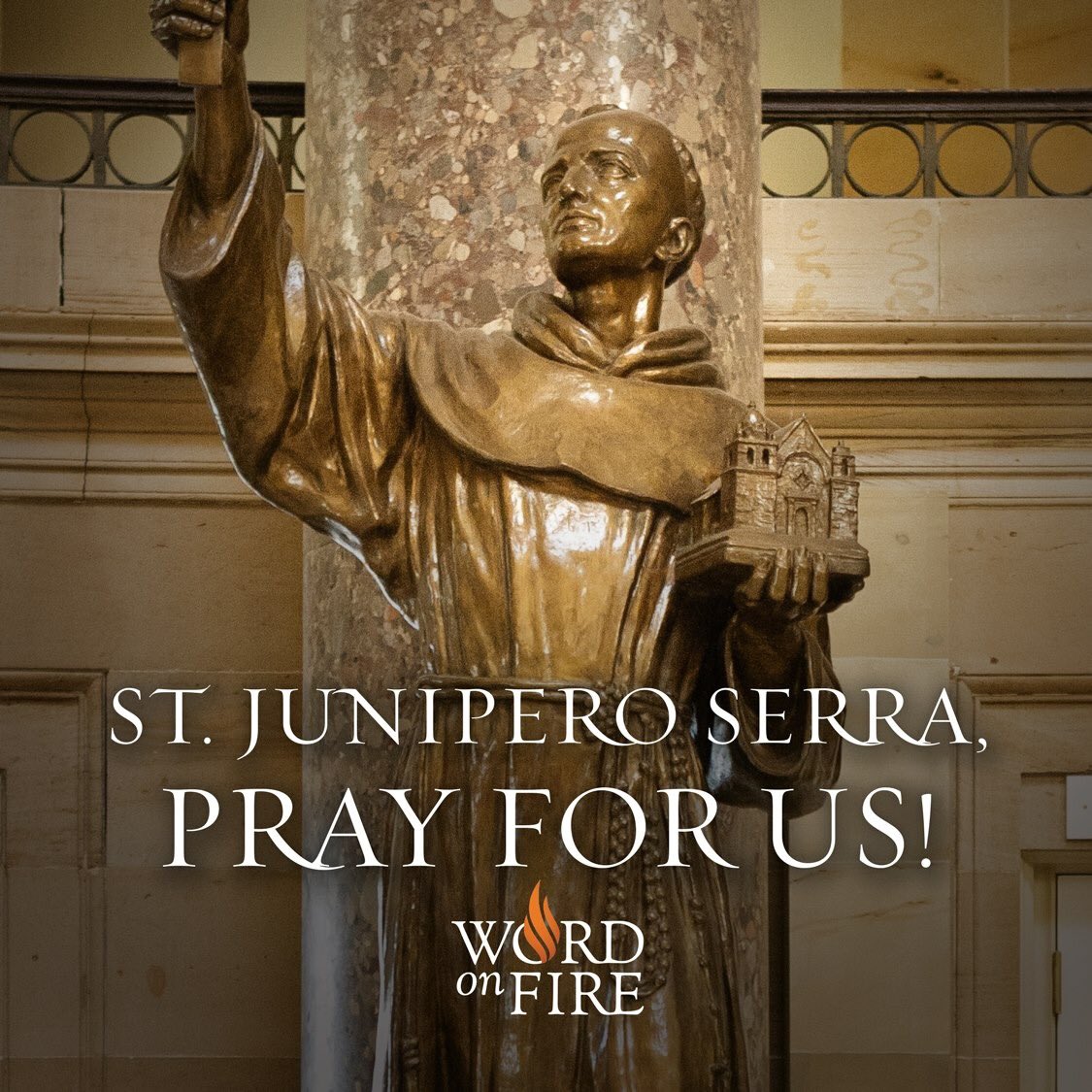1. Bishop James Conley of Lincoln writes:
Brittany Maynard was deceived about what dignity really means. Dignity is not the same as painlessness, or the ability to function, or the freedom from becoming a “burden.” A dignified death is not one that is free from suffering, or one that absolves family members from compassion in the face of misery.
Brittany Maynard was deceived by a culture that does not understand the meaning of pain, or suffering, or death, because it does not understand the meaning of life itself. Pope St. John Paul II called this a “culture of death.”
The culture of death believes that life is only meaningful when it is productive, and pleasurable, and painless. Pope St. John Paul II said that in such a culture, “death…becomes a ‘rightful liberation’ once life is held to be no longer meaningful because it is filled with pain and inexorably doomed to even greater suffering.”
2. Archbishop Chaput celebrates Mass behind bars:
“when we say that God loves us, we don’t just mean that he loves us just as a group, we mean that he loves us each individually. Whether we’re sinners or not. Whether we’re free or in prison.”
3. David Franks writes in the Boston Pilot:
What enables you to sustain the rigors of life? Mark Helprin has a perfect phrase in “Refiner’s Fire” for the milieu that enables one to fight, in good humor, though ceaselessly pummeled, with fortitude beyond fortitude, crushed, yet rising. He speaks of the “ardent unlimitedness.” He says it of America, but surely what we sing of in America is precisely what foretaste there is in this polity of the New Jerusalem: openhearted, openhanded, open for personal exertion, open for the ever-greater impulse.
But the polity depends on the quality of the friendships that constitute it. That is, every city is determined by the loves driving each citizen’s heart. Solidarity is rooted in true love; true love gives birth to solidarity. The great mistake of most forms of romanticism is to privatize true love. (It is Dante who opens the way to a true romanticism.) The great mistake of most political activism is to forget the necessary rigors of true love.
One of Bob Dylan’s best songs, “Love Minus Zero/No Limit,” magnificently melds personal and political: “In the dime stores and bus stations/ People talk of situations/ Read books, repeat quotations/ Draw conclusions on the wall./ Some speak of the future/ My love, she speaks softly/ She knows there’s no success like failure/ And that failure’s no success at all.”
How ardent are you and I? How open to “Deus semper maior”? To the city he wants to build of our loves?
Please, please, please read his whole column.
4. Join in prayer as we approach the 42nd year with Roe v. Wade.
5. Pope Francis praises Paul VI; according to a Catholic News Agency translation:
In a moment of that challenge of the growth of populations, he had the strength to defend openness to life.”….
Paul VI was courageous. He was a good pastor, and he warned his sheep about the wolves that were approaching, and from the heavens he blesses us today.”
6. He breaks from itinerary and meets with “street kids,” without press. He had received some 1,000 letters from them.
7.
Twelve hours on a boat to tell Pope Francis 'I love you' :: Catholic News Agency (CNA) http://t.co/O1PU891BNJ
— Elise Harris (@eharris_it) January 16, 2015
8.
Photo of "the sleeping St. Joseph" in Pope Francis' room at the Santa Marta Hotel. Handwritten prayers are underneath pic.twitter.com/0y8WSzGntX
— Father Bill (@FatherBill3) January 16, 2015
9. A recipe for a meatless Friday.
10. Inside one of the oldest religious communities in Ethiopia.
11. Fr. Barron prep for Sunday and the call of Samuel.
12. St. Athanasius today (via ibreviary.com):
In the beginning was the Word, and the Word was with God, and the Word was God. All things were made through him, and without him nothing was made. In these words John the theologian teaches that nothing exists or remains in being except in and through the Word.
Think of a musician tuning his lyre. By his skill he adjusts high notes to low and intermediate notes to the rest, and produces a series of harmonies. So too the wisdom of God holds the world like a lyre and joins things in the air to those on earth, and things in heaven to those in the air, and brings each part into harmony with the whole. By his decree and will he regulates them all to produce the beauty and harmony of a single, well-ordered universe. While remaining unchanged with his Father, he moves all creation by his unchanging nature, according to the Father’s will. To everything he gives existence and life in accordance with its nature, and so creates a wonderful and truly divine harmony.
To illustrate this profound mystery, let us take the example of a choir of many singers. A choir is composed of a variety of men, women and children, of both old and young. Under the direction of one conductor, each sings in the way that is natural for him: men with men’s voices, boys with boys’ voices, old people with old voices, young people with young voices. Yet all of them produce a single harmony. Or consider the example of our soul. It moves our senses according to their several functions so that in the presence of a single object they all act simultaneously: the eye sees, the ear hears, the hand touches, the nose smells, the tongue tastes, and often the other parts of the body act as well as, for example, the feet may walk.
Although this is only a poor comparison, it gives some idea of how the whole universe is governed. The Word of God has but to give a gesture of command and everything falls into place; each creature performs its own proper function, and all together constitute one single harmonious order.
Now if we would cooperate and lets our wills be conformed to His!











